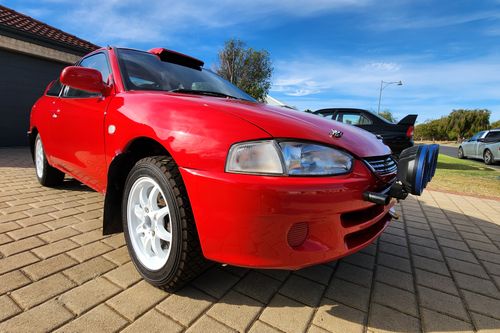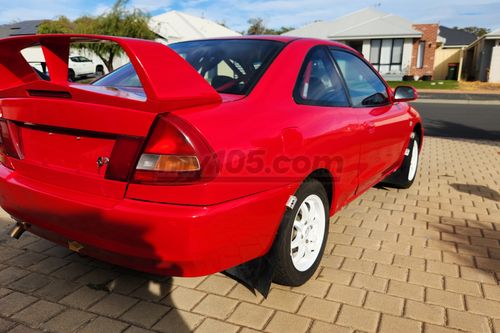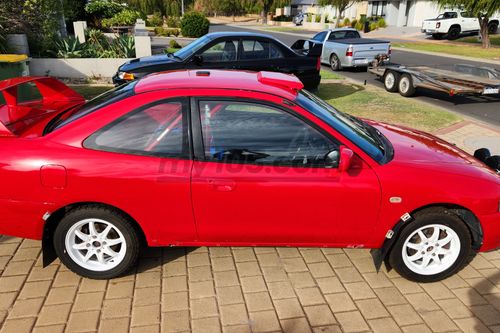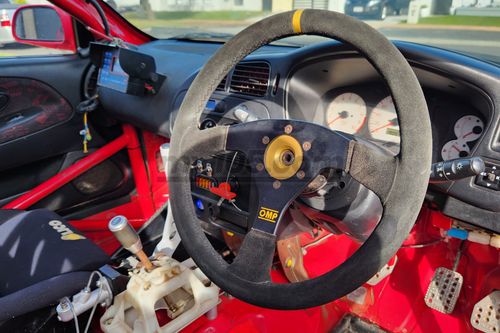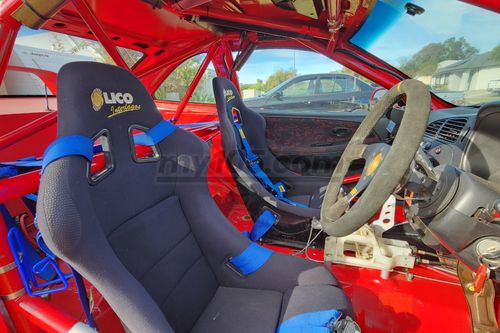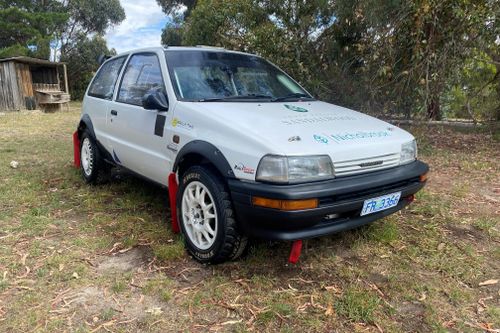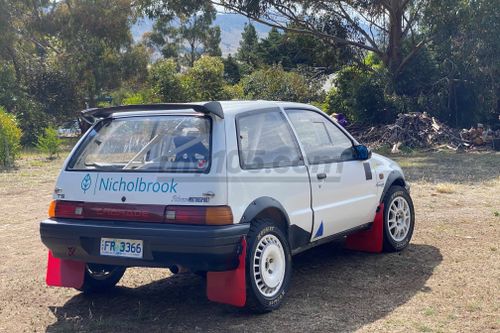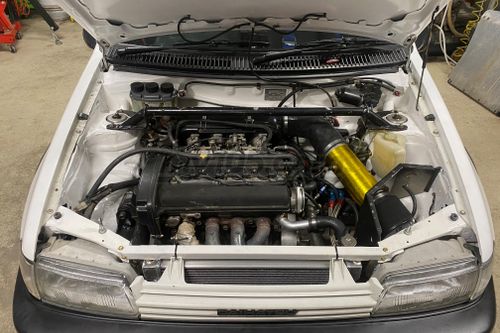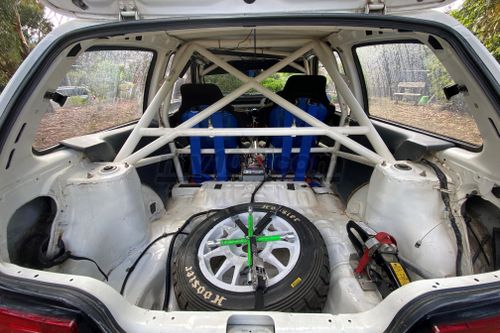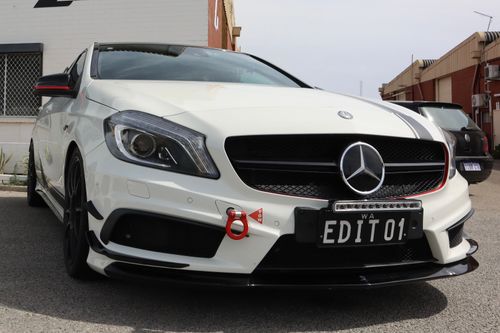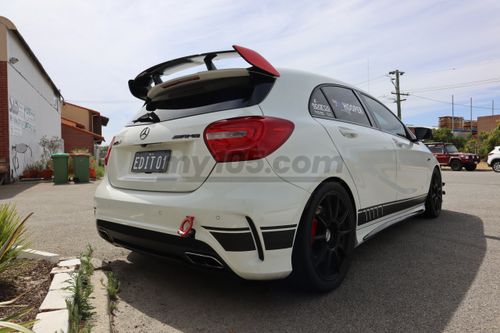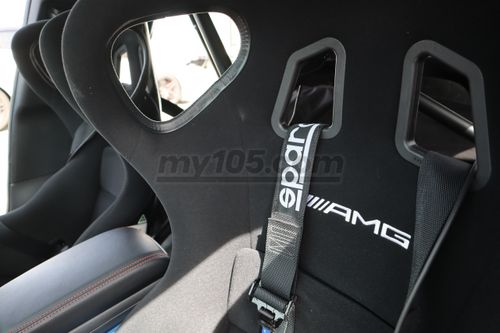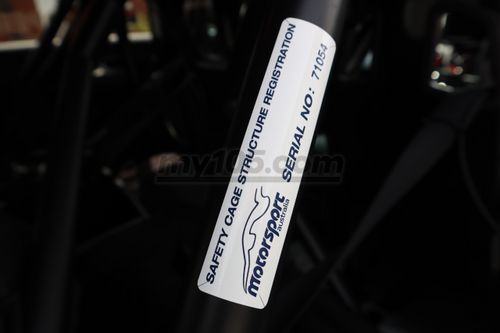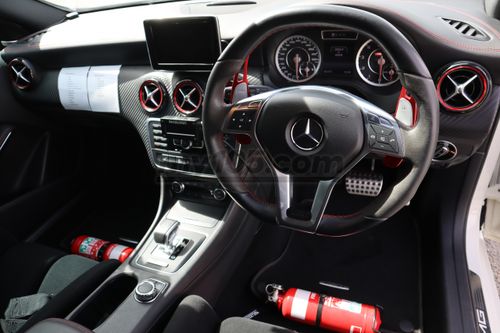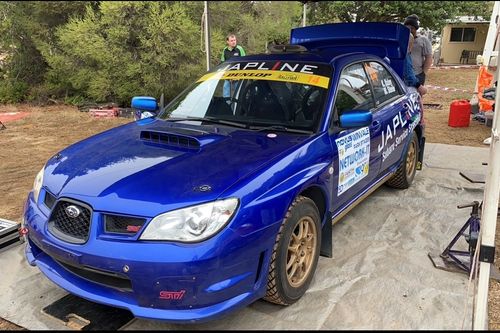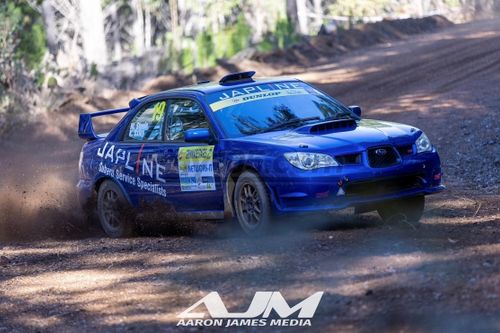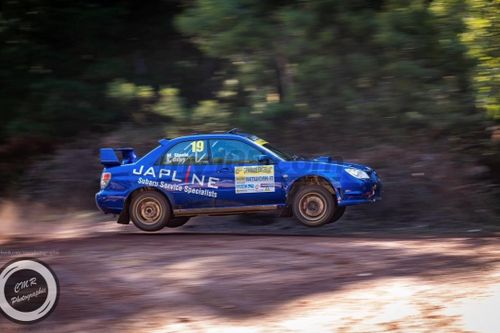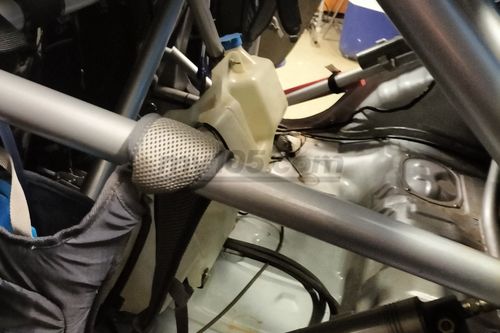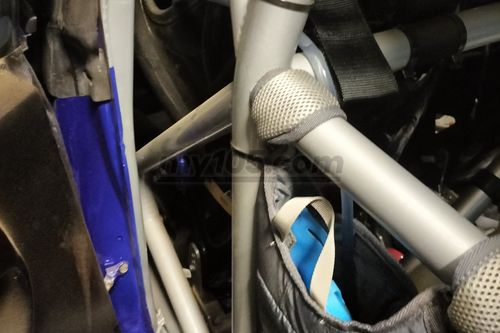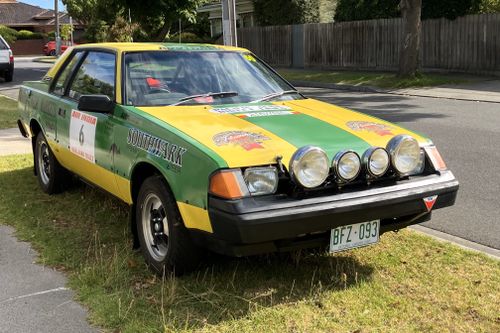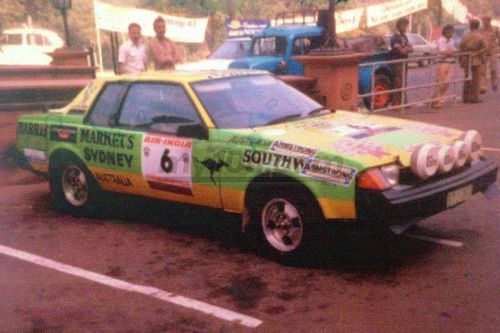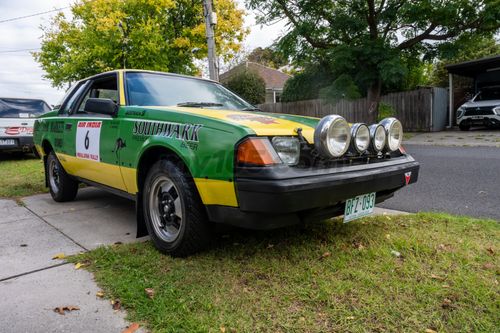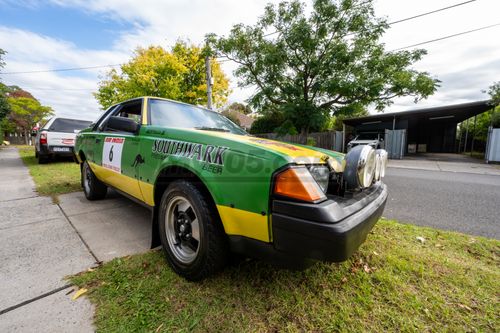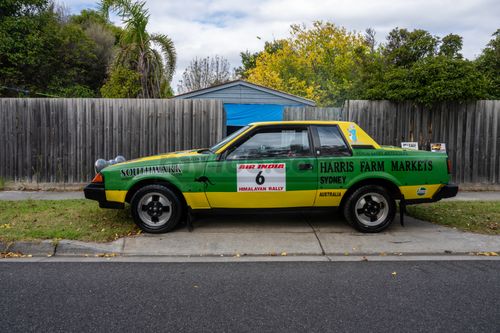116 Rally Cars for sale in Australia
Rally cars are typically designed with a focus on durability and all-weather performance, as they often have to contend with a wide range of conditions during competition. They are usually based on production cars, but often have modifications that make them more suitable for rallying. Many are actually road legal because rally events often take place on public roads.
Rally cars are typically equipped with a handbrake, which is used to initiate a four-wheel drift around corners. This is one of the most iconic aspects of rally driving, and it takes a great deal of skill to master. Rally drivers also need to be very adept at reading the terrain and making quick decisions on the best line to take through a stage.
Co-drivers play a vital role in rally competitions, as they are responsible for reading stage notes and communicating them to the driver. This allows the driver to focus on the task at hand and maintain a good pace through the stage. Co-drivers also keep track of the car's position during the rally, which is crucial information for both the driver and team strategists.
Most modern rally cars are four-wheel drive, which gives them better traction on loose surfaces such as gravel or dirt. This is useful in rally competitions, where the stages (the individual sections of the race) are often run on such surfaces. Historically, rally cars were mostly two-wheel drive. However, four-wheel drive rally cars began appearing in the 1980s, and by the early 1990s, they became the norm in rallying.
If you're interested in getting started in rally racing, there are a few things you'll need to do. First, you'll need to find a car that meets the requirements for the class you want to compete in. Once you have a car, you'll need to make sure it's prepared for racing. This includes adding safety equipment, such as a roll cage, and making any necessary mechanical modifications. You'll also need to get a racing license from your local motorsport authority.
Live Cars (116)
Popular Past Cars (976)
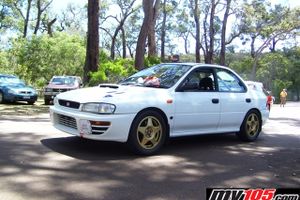
Rally Wrx Sti Ra
Ver 3 Sti ,New Race engine-350km run in,Vf34 turbo,Cr dccd g-box,R180 plated Lsd, Autronic sm3(anti lag-launch control,Inverted adjust mono struts,Speedline wheels,70% Khumo semi slicks+Spare set,Spar
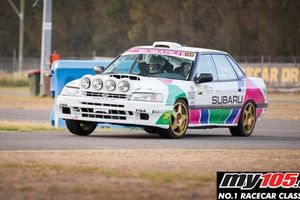
1991 (LHD) Subaru Legacy Turbo
This rare left hand drive Legacy was professionally built by Rocket Rally in Canada (who run the Canadian Subaru works team) and has been driven to numerous regional wins and podiums by the top driver
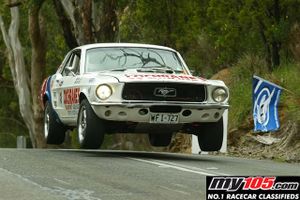
Mustang '67 Gravel & Tarmac
International rallying history, London to Sydney, Sweden to Jordan, South America, Sliver-fern, Rally Tasmania and Classic Adelaide. Came close to winning Classic Adelaide and Rally Tas. Will pull out
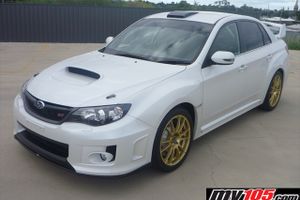
2011 Subaru STI Sedan NEW
WHY BUY USED.NEW STI sedan Tarmac/Gravel rally car ready 2 race ARC/Tarmac Championship, Possum Bourne Motor Sport cage & Fitted by PBMS, DMS 5 way, AP Brakes,etc Prep'd to high std regardless cost.We
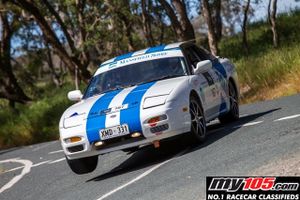
NISSAN 180SX 1995
2017 Adelaide Rally Modern Competition- tick. Finish what u start with highly reliable Nissan 180SX. CAMS Logbook SA Road Reg'n: XMD331 Completed Targa High Country, Adel Hills Tarmac Rally, ClassicAd

S13 Tarmac/Gravel Rally Car
This car was a ground up build. Has only done 2 rallies since brand new. Features include Rotisserie paint job National spec tig welded roll cage Fully built SR20det with forgies arp bolts rocker stop
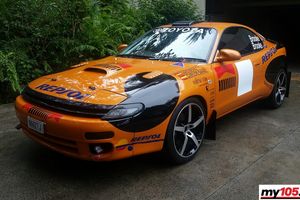
Toyota Celica ST185 GT4 1990
Toyota Celica ST185 GT4 Australian Wide Body Currently set up for Early Modern Tarmac Rally Brand new ST215 Engine with Forged Con Rods ,CP Pistons, large Super Tech Race Valves, Sure Cams with HKS Ad
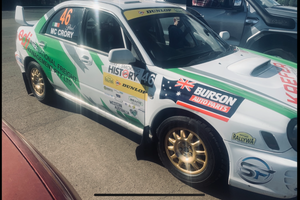
2002 Subaru Sti
2002 sti gravel rally car new build at the start of the year only completed in 4 events total of 300km gravel and targa west 2021. Modena 6speed sequential. Modena front diff, Modena rear diff, mca su
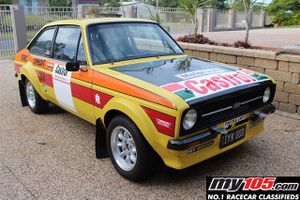
Ford Escort RS1800 Group 4
1980 Ford Escort RS1800 Group 4 Spec.Fully seam welded, weld in cage, Gartrac alloy forest arches.New Wilcox 2 ltr BDG motor(engine has 4.9 hrs) twin 50 webbers, alloy radiator,dry sump.New Quaife Pro
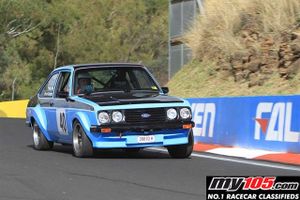
Ford Escort RS 2000 1979
2 litre Pinto eng, Esslinger Cam, 50mm Webers, Mallory ignition, 220HP redline 8200 RPM, 5 speed Quaife gearbox, rear suspension, 5 link Bilstein Turret shocks, 5.1 Borg Warner LSD Diff, commodore bra
Browse Categories
- Box Trailers
- Buggies
- Burnout Cars
- Car Trailers
- Classic Cars
- Collectables & Memorabilia
- Drag Cars
- Drift Cars
- Enclosed Trailers
- Engines
- Formula
- Go Karts
- High Performance Cars
- Historic Cars
- Hot Rods
- JDM Cars
- Motorcycle Trailers
- Motorcycles
- Muscle Cars
- Off Road Race Cars
- Parts & Accessories
- Race Cars
- Rally Cars
- Speedcars
- Speedway Cars
- Sports Cars
- Sprint Cars
- Suspension, Brakes, Tyres & Wheels
- Track Cars
- Transmissions & Gearboxes
- Trophy Trucks
- Unfinished Project Cars
- Unique, Show & Prestige Cars
- V8 Cars
- Vintage Cars
- Workshop, Crew, Drives & Apparel
Browse Locations
- Rally Cars in New Zealand
- Rally Cars in United States
- Rally Cars in United Kingdom
- Rally Cars in Canada
- Rally Cars in New South Wales
- Rally Cars in Victoria
- Rally Cars in Queensland
- Rally Cars in Western Australia
- Rally Cars in South Australia
- Rally Cars in Australian Capital Territory
- Rally Cars in Tasmania
- Rally Cars in Northern Territory
Browse Cars
- Mitsubishi
- Mitsubishi Lancer
- Mitsubishi Lancer Evolution 10 (Evo X)
- Mitsubishi Lancer Evolution 9 (Evo IX)
- Mitsubishi Lancer Evolution 6 (Evo VI)
- Mitsubishi Lancer Evolution 7 (Evo VII)
- Mitsubishi Lancer Evolution 8 (Evo VIII)
- Mitsubishi Lancer Evolution 5 (Evo V)
- Mitsubishi Lancer Evolution 3 (Evo III)
- Mitsubishi Lancer Evolution 4 (Evo IV)
- Mitsubishi Lancer Evolution 2 (Evo II)
- Mitsubishi Galant
- Mitsubishi Mirage
- Mitsubishi Starion
- Mitsubishi Magna
- Mitsubishi Lancer
- Subaru
- Ford
- Datsun
- Nissan
- Toyota
- Holden
- Mazda
- BMW
- Porsche
- Renault
- Hyundai
- Audi
- Honda
- Triumph
- Daihatsu
- Alfa Romeo
- Chevrolet
- Mini
- Volvo
- Shelby
- Capri
- Fabia R5
- Fiat
- Isuzu
- Jaguar
- Lamborghini
- Lotus
- MG
- Mercedes-Benz
- Peugeot
- Status in
- Suzuki
- Trophy Kart
- Volkswagen
